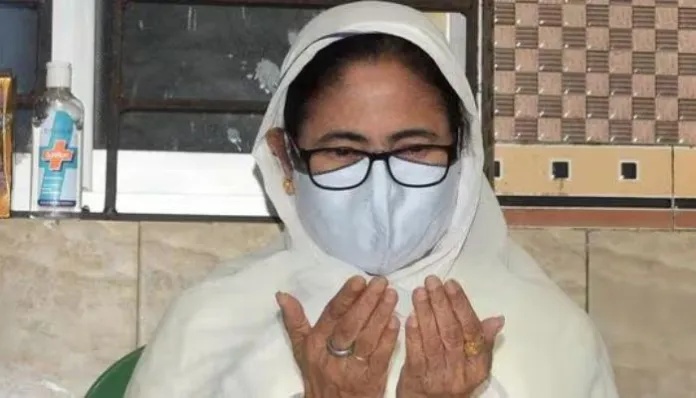
Supreme Court Directs West Bengal to Release 25% of Pending DA Arrears
The West Bengal government’s prolonged delay in disbursing Dearness Allowance (DA) to nearly 10 lakh state employees has sparked widespread protests and legal scrutiny. A 2-Judge Bench of the Supreme Court recently directed the Trinamool Congress (TMC) government to release 25% of the ₹41,871 crore in accumulated DA arrears between 2009 and 2019. The ruling, issued on 16th May 2025, emphasized that the employees’ right to receive DA, as mandated by the 5th Pay Commission, cannot be negated by financial constraints. The court ordered the release of ₹10,468 crore within six weeks, stating that indefinite delays violate constitutional rights under Article 21. Despite the directive, the TMC government has yet to fulfill the obligation, prompting mass demonstrations and legal action by employee unions.
Protests and Police Crackdown Amid DA Disbursement Delay
Government employees and pensioners staged a massive protest march to the State Secretariat (Nabanna) on 28th July 2025, demanding immediate DA payment. The TMC government responded with a heavy police deployment, including Rapid Action Force (RAF) personnel, water cannons, and barricades to suppress the demonstrations. A protestor lamented, ‘There are more police here than protestors; they are scared of us. They have stolen our jobs and not paid our dues.’ The protests gained political significance as the state faces the 2026 Vidhan Sabha elections, with the DA dispute becoming a critical issue for public sentiment.
Financial Priorities Contradict Legal Obligations
While the TMC government delays DA payments, it has allocated substantial funds to appease the Muslim community through the ‘Imam Bhata’ scheme. Since August 2023, the monthly honorarium for Imams has risen to ₹3,000, and muezzins receive ₹1,500 per month. This financial prioritization has drawn criticism, as the state’s budget for DA arrears remains unaddressed despite court orders. The government’s assertion of a ‘severe financial crisis’ to justify the delay has been contested by employee unions, who argue that the funds are available for religious allowances but not for employee welfare. The discrepancy highlights the political calculus behind the DA dispute.
Legal Battles and Electoral Implications
The DA dispute has escalated through multiple legal channels, with the Calcutta High Court and State Administrative Tribunal (SAT) previously directing the TMC government to release arrears as per the 2009 pay rules. However, the government has consistently delayed compliance, leading to a contempt of court case threat by the Confederation of State Government Employees. The Supreme Court’s recent order comes amid the cancellation of 25,753 jobs in the WBSSC, further complicating the political landscape. Analysts suggest the DA issue will remain a key electoral battleground, as public frustration over delayed payments threatens to undermine the ruling party’s support.
DA Dispute Reflects Governance Challenges
The ongoing DA dispute underscores systemic governance challenges in West Bengal. While the central government provides DA at a higher rate than state employees, the TMC’s refusal to fulfill court-mandated disbursements has eroded public trust. Employee unions argue that the state’s financial resources are sufficient to address the arrears, but political priorities have stalled progress. The situation has also drawn comparisons to other states, with the DA issue becoming a litmus test for administrative accountability. As the Supreme Court’s deadline looms, the TMC government faces mounting pressure to reconcile legal obligations with its electoral strategy.



